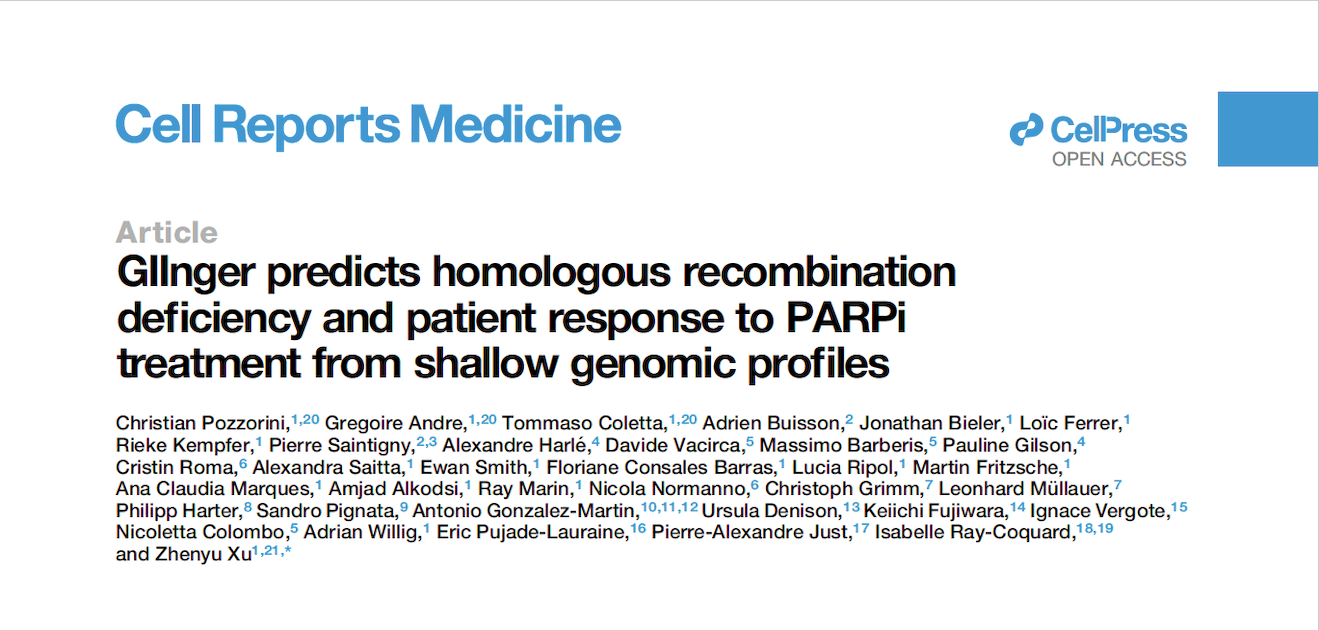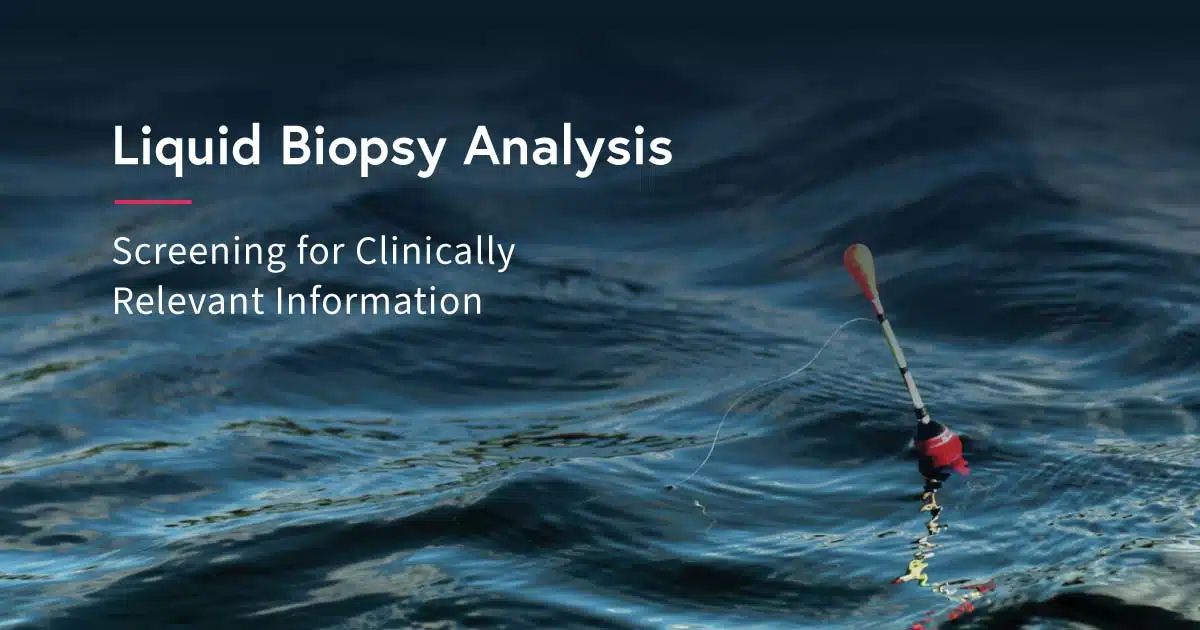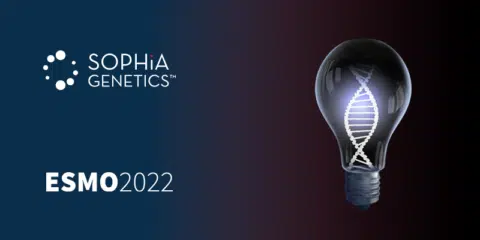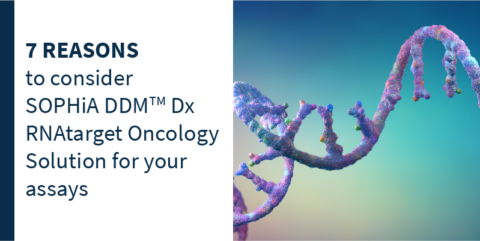Clinical trials are the backbone of modern medicine, responsible for bringing innovative, safe, and efficient treatments to market after rigorous testing and evaluation. However, the conventional process of conducting these trials has often been long, expensive, and fraught with inefficiencies¹. The advent of predictive analytics is reshaping the landscape of clinical trials, ushering in a new era of precision efficiency². This blog explores how predictive analytics is transforming clinical trials, from optimizing design and recruitment to predicting outcomes and reducing risks.
cancer research
The Importance of Data Diversity to Enhance Clinical Trials Success
Medical advancement relies on clinical trials, which are essential for the development of safe and effective innovative treatments. However, the success and general applicability of these treatments heavily depend on the diversity of the participants involved¹⁻³. This blog explores the importance of achieving data diversity in clinical trials to enhance clinical trial results and achieve global health equity.
Matched tumor-normal sequencing: The preferred method for identifying somatic mutations driving tumorigenesis
Discover how matched tumor-normal sequencing can help clinical researchers detect the somatic origin of variants with certainty.
Guidelines Spotlight: ESMO urge NGS testing for additional advanced cancers
ESMO updated its recommendations for NGS in advanced cancers this year, urging broader use of NGS in additional cancer types and the inclusion of tumor-agnostic biomarkers.
Article Spotlight: GIInger™ supports prediction of HRD and PARPi response from shallow genomic profiles
Discover how a deep learning algorithm, GIInger™, leverages low-coverage sequencing data to identify homologous recombination deficiency (HRD)-induced genomic instability.
Liquid biopsy analysis: Screening for clinically relevant information
Liquid biopsy is revolutionizing precision oncology with a non-invasive approach to tumor profiling. In this blog, we explore its clinical applications and why the right analytical technologies are needed when searching in a sea of genomic data.
Celebrating 1 Year of SOPHiA DDM™ Homologous Recombination Deficiency (HRD) Solution!
This week is marking one year from the official launch of the SOPHiA DDM TM Homologous Recombination Deficiency (HRD) Solution, accelerating and empowering our customers’ clinical cancer research decisions with cost-effective, accurate and fast in-house results.
International Childhood Cancer Day 2023: Better survival is achievable!
February 15th has been globally acknowledged as the International Childhood Cancer Day, a day dedicated to raising awareness on childhood cancer and advocating for better treatment and care for young patients.
How the Future of Genomic Analysis is Already Furthering Breast Cancer Research
The advancement of genomic analysis technology revolutionizes breast cancer research, as it provides better breast tumor classifications, which then leads to enhanced clinical management or precision oncology.
Food for thought from ESMO 2022: the journey towards personalized therapy
Last week we attended the European Society for Medical Oncology (ESMO) Congress 2022, gathering the world’s leading oncologists. Read our summary of three presentations illustrating cancer therapy development.
World GO Day Raising Awareness for Gynaecological Cancers
With over 1.3 million women worldwide diagnosed with gynaecological cancers in 2020, it’s more important now than ever to equip them with tools and resources to promote prevention and early detection of potential cancers.
Seven reasons to choose SOPHiA DDM™ Dx RNAtarget Oncology Solution for gene fusion detection
Cancer management outcomes can strongly benefit from robust and accurate detection of gene fusions. SOPHiA GENETICS developed the SOPHiA DDM™ Dx RNAtarget Oncology Solution to make this possible.
We list 7 reasons to consider SOPHiA DDM™ Dx RNAtarget Oncology Solution for your assays.











